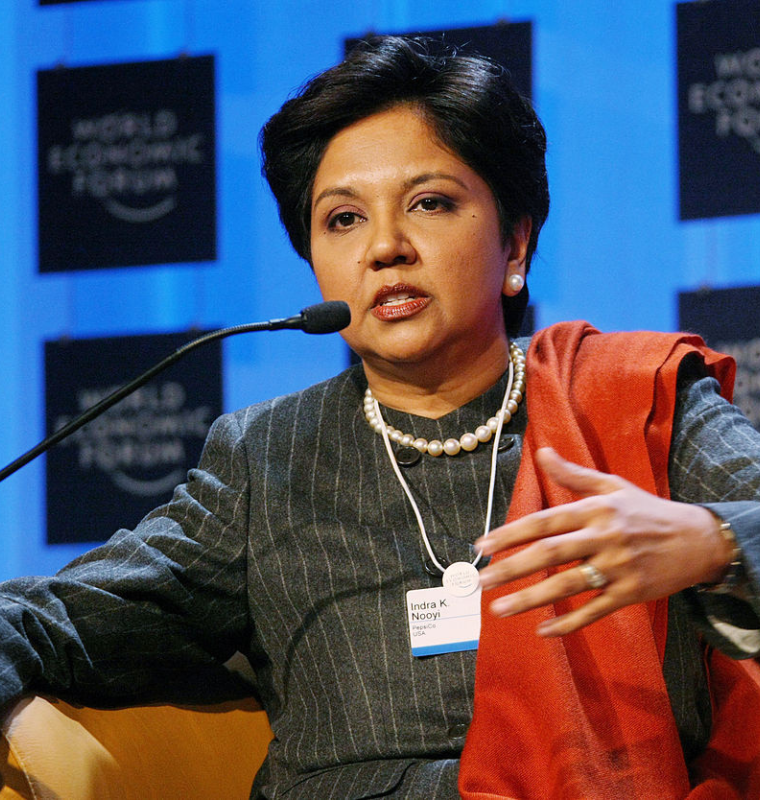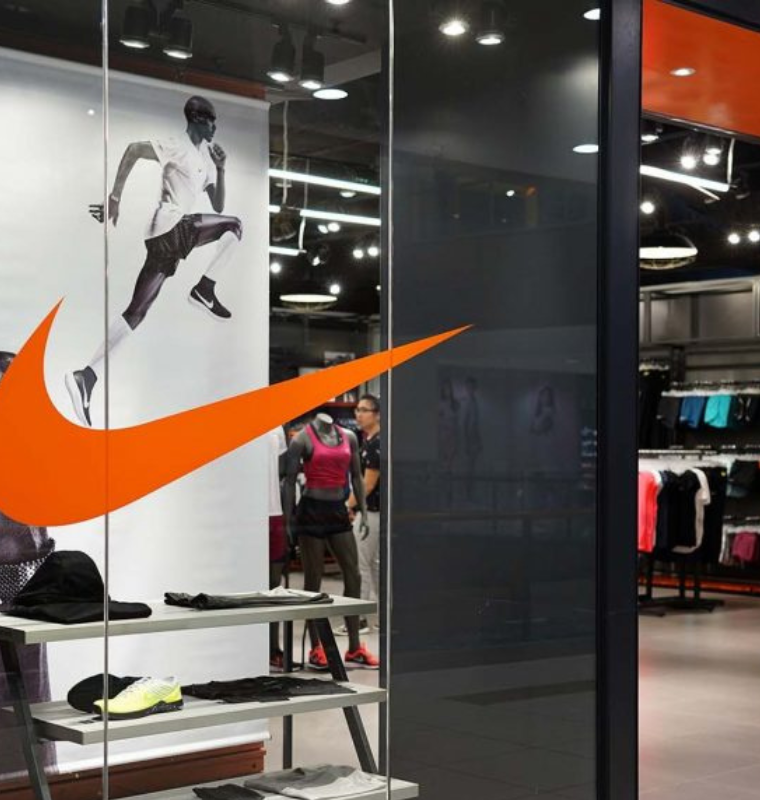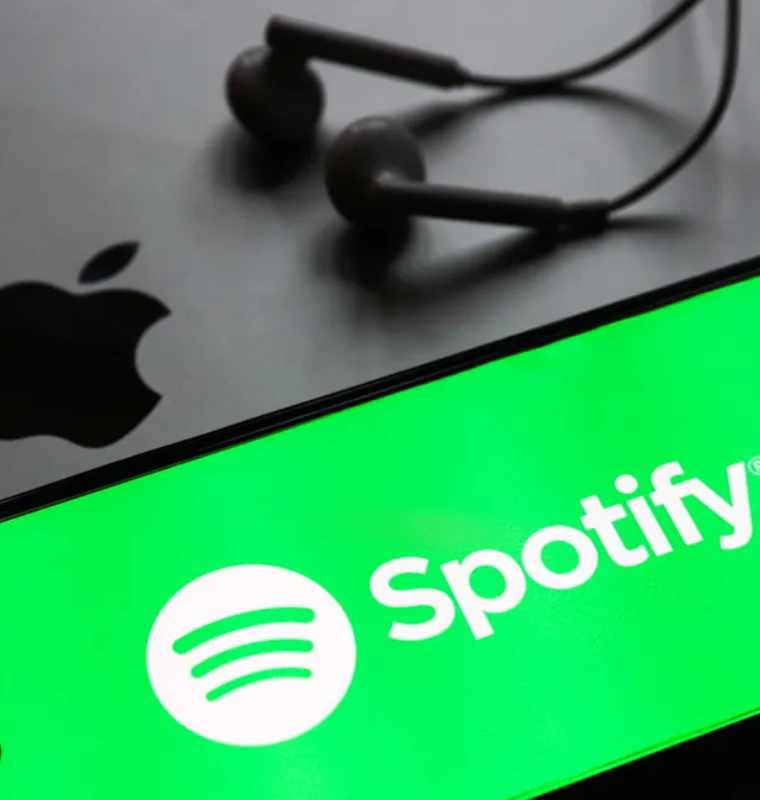Why the U.S. Job Market Feels Broken Right Now, Especially for New Graduates
Why the U.S. Job Market Feels Broken Right Now, Especially for New Graduates
By
David Goldfarb
Last updated:
June 9, 2025
First Published:
August 3, 2025
.jpeg)
Photo: Los Angeles Times
The U.S. Job Market Is Stalling—Here’s What You Need to Know
As graduation caps fly and thousands of students enter the workforce, they’re landing in a job market that feels more stagnant than ever. According to career experts and economists, the hiring landscape has cooled dramatically—despite a historically low unemployment rate and relatively few layoffs. Behind the numbers, however, lies a more complex and troubling picture.
A Paradoxical Job Market: Low Unemployment, Yet Few Jobs
At first glance, the labor market appears steady. In May 2025, the U.S. unemployment rate was 4.2%, which remains relatively low by historical standards. The layoff rate is also subdued—indicating that companies aren’t shedding workers en masse.
But dig deeper and the story changes.
Hiring activity has significantly slowed. April 2025 saw the lowest hiring rate since August 2014, excluding the pandemic shutdown months, according to Labor Department data. Workers aren't quitting like they used to either—a trend that reflects diminishing confidence in job prospects. The so-called “Great Resignation” of 2021–2022 has given way to cautious career stagnation.
“It’s really tough out there,” said Mandi Woodruff-Santos, a seasoned career coach and financial expert. “It’s hard even for experienced professionals, so for new grads, it can feel impossible.”
‘Abundance of Caution Economy’: Why Employers Aren’t Hiring
The root of the hiring slowdown lies in economic uncertainty. Companies are acting with what economists now call “an abundance of caution.”
“This is a tough summer for full-time job seekers,” said Heather Long, Chief Economist at Navy Federal Credit Union. “Businesses are only hiring for essential roles. It’s not a freeze, but it’s selective, cautious hiring.”
Key indicators reinforce that message:
- According to the Conference Board, CEO confidence dropped sharply in Q2 2025, marking its steepest quarterly decline since records began in 1976.
- Only 28% of CEOs expect to expand their workforce in the next six months, down from 32% in Q1.
- Meanwhile, 28% of CEOs now anticipate cutting jobs—a 1% increase.
The biggest concerns among executives include geopolitical instability, uncertain trade and tariff policies, and high interest rates—all of which influence their hiring decisions.
Not a Recession Yet—But Cracks Are Showing
Despite concerns, most economists agree that a full-blown recession isn’t imminent. The U.S. economy added more jobs than expected in May, although those gains are decelerating.
Still, experts warn that current trends—low hiring and minimal job switching—can’t last forever. “There’s only so long businesses can avoid layoffs,” said Cory Stahle, economist at the Indeed Hiring Lab. “Eventually, if hiring doesn’t rebound, the labor market may tip toward rising unemployment.”
How Job Seekers Can Navigate This Job Market
For anyone hunting for a job, particularly recent college graduates, networking and skill-building are critical.
“Don’t underestimate the power of personal connections,” said Woodruff-Santos. “You have to get uncomfortable—go to events, reach out on LinkedIn, ask for informational interviews. Those interactions open doors.”
Here’s what she and other experts recommend:
1. Network Strategically
Put yourself in rooms with professionals from your target industry—even if you don’t know anyone yet. Attend webinars, meetups, and professional groups.
2. Invest in Skill Building
If you’re underemployed or working in an unrelated field, continue growing your target career skill set. That could mean:
- Taking a short online course or bootcamp
- Earning a certification
- Doing freelance or contract work
3. Join Professional Organizations
These groups are often overlooked, but they give job seekers credibility, contacts, and insight into what companies are looking for right now.
Some Encouragement: This Isn’t Permanent
Yes, this market feels brutal—but it’s not forever.
“The job market has been trash before, and it will be again,” Woodruff-Santos said. “This won’t be your last tough cycle. You’re going to be OK.”
Bottom Line
The disconnect between low unemployment and sluggish hiring has created one of the strangest job markets in years. While it’s not a crisis yet, job seekers—especially new grads—must act with intention. Build relationships, stay current in your field, and stay flexible. The market may be tough, but preparation and perseverance still pay off.
Popular articles
Subscribe to unlock premium content
Indra Nooyi’s Strategic Vision at PepsiCo: Balancing Profitability with Purpose

Nike’s Direct-to-Consumer Revolution: How Cutting Retailers Boosted Profits and Control

Spotifys Playlist Power Turning Music Curation Into An Advertising Goldmine

Indra Nooyi’s Strategic Vision at PepsiCo: Balancing Profitability with Purpose

Nike’s Direct-to-Consumer Revolution: How Cutting Retailers Boosted Profits and Control

Indra Nooyi’s Strategic Vision at PepsiCo: Balancing Profitability with Purpose









